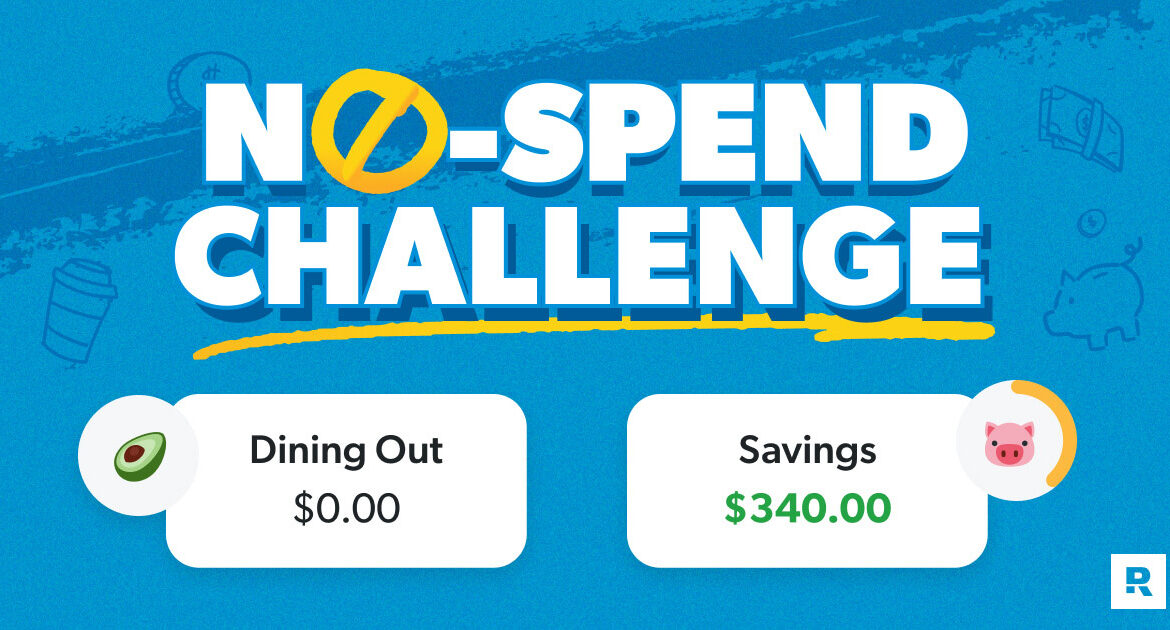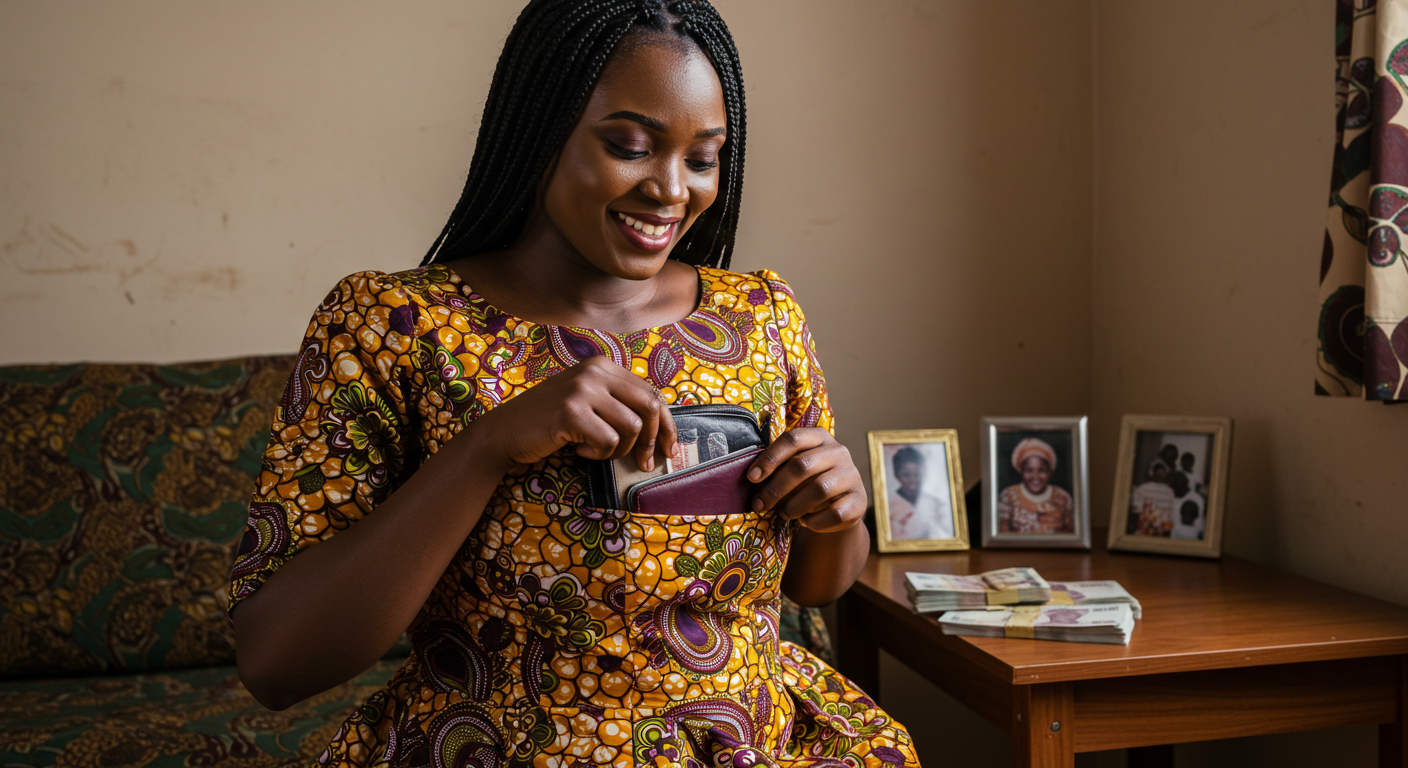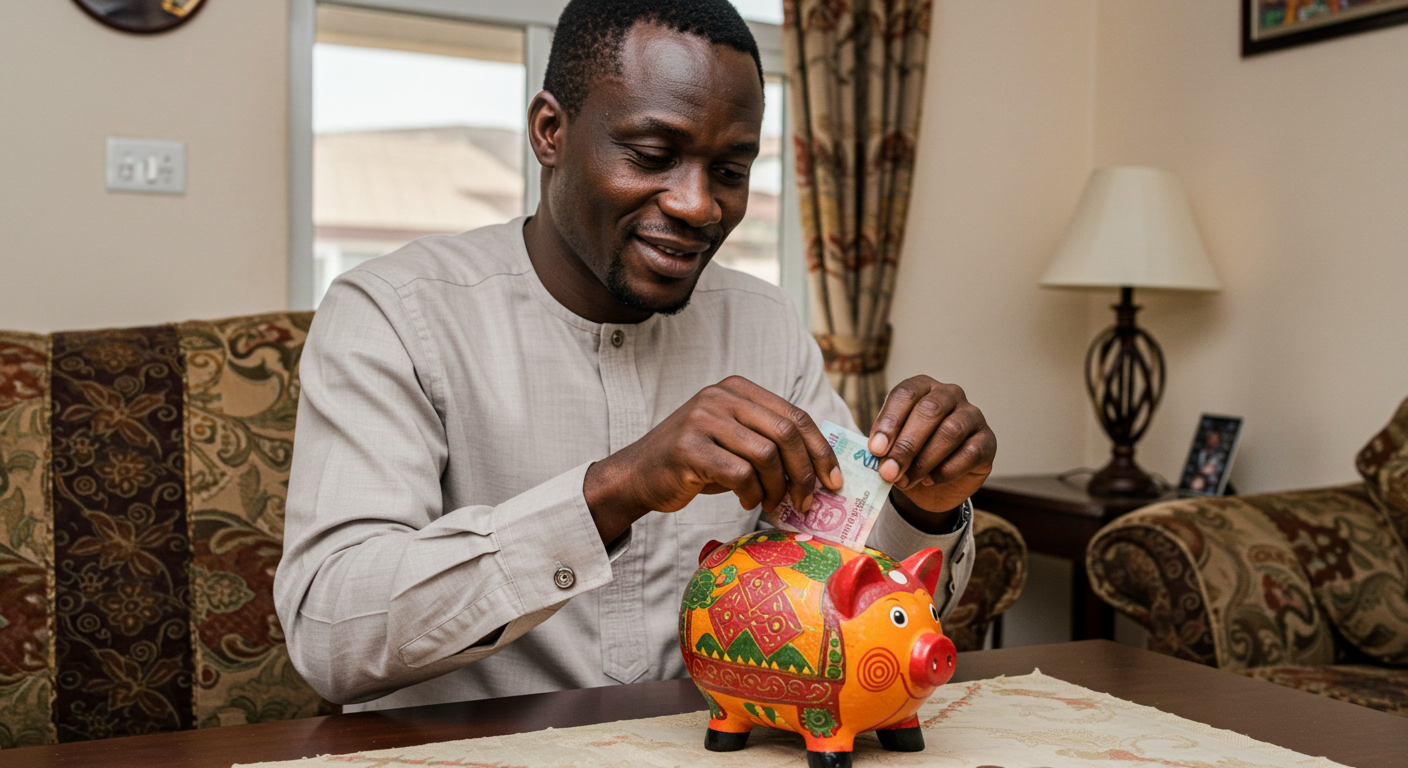
Ever heard of the No-Spend Challenge? January often feels like it has 60 days instead of 31. After the festive whirlwind of December, complete with Detty December outings, end-of-year weddings, and holiday gifting, many people are left with financial regrets and dwindling bank accounts. Sound familiar? You’re not alone. January has a way of magnifying poor spending decisions made during the holiday season, especially in Nigeria, where social gatherings and celebrations are a huge part of our culture.
So, how do you recover from this financial hangover and regain control of your money? Enter the no-spend challenge—a simple, transformative way to hit the reset button on your finances and start the year on the right foot.
What Exactly Is a No-Spend Challenge?

A no-spend challenge is as straightforward as it sounds. For a set period, you commit to spending money only on essential items like rent, utilities, groceries, and transportation. You temporarily cut out all nonessential expenses, such as dining out, impulse online shopping, or buying the latest asoebi for a weekend wedding. The idea isn’t to deprive yourself but to become more mindful of your spending habits, saving money in the process.
Typically, people start with a 30-day challenge, but if that seems daunting, you can try a week or even a weekend. The goal is to identify your spending triggers, practice discipline, and use the money saved to fund more meaningful financial goals, like paying off debt or building an emergency fund.
Read: How To Recover from the Financial Hangover of December Spending
Why Should You Try a No-Spend Challenge?
The benefits of a no-spend challenge go beyond just saving money. It’s a financial detox that allows you to reset and recalibrate your priorities.
Firstly, it helps you break the cycle of impulsive spending. Think back to December—how many things did you buy just because they were “on-sale” or because someone on Instagram made them look appealing? A no-spend challenge helps you rethink such purchases.
Secondly, it allows you to save money for bigger financial goals. Whether you’re boosting your savings, starting a business, or planning for another Detty December without the stress, this challenge creates financial breathing room.
Lastly, it fosters creativity. With limited resources, you’ll find innovative ways to have fun without spending. From exploring free parks to hosting game nights with friends, you’ll discover there’s more to life than constantly swiping your card.
How to Start Your No-Spend Challenge

Starting a no-spend challenge requires preparation and commitment. Begin by choosing your challenge duration. January is perfect for a 30-day challenge, as the month tends to be quiet after the festive season. Once you’ve set your timeframe, establish clear rules for yourself. What qualifies as essential? Groceries and electricity, yes. New shoes or dining at a fancy Lagos restaurant? No.
Next, identify your spending triggers. Do you shop when you’re bored or stressed? Do you tend to overspend during Friday hangouts with friends? Knowing your weak points allows you to create strategies to avoid them. For example, you could mute online shopping apps, unsubscribe from promotional emails, or plan budget-friendly hangouts at home instead of going out.
Finally, have a clear goal for your savings. Are you saving to pay off debt from December? Or do you want to kickstart your 2025 investment plan? Having a specific goal will keep you motivated throughout the challenge.
Read: Smart Investment Strategies for Freelancers
Staying Motivated During the Challenge
A no-spend challenge can feel restrictive, especially in a society where spending is deeply ingrained in social interactions. To stay motivated, remind yourself of the long-term benefits. Visualize the peace of mind you’ll feel with a healthier bank balance. Share your goals with an accountability partner, perhaps even inviting them to join you in the challenge.
Celebrate small wins along the way. Saved N5,000 by skipping your usual weekend brunch? Put that money into your savings and reward yourself with a homemade smoothie. Remember, the challenge isn’t about punishment—it’s about intentionality.
What to Do with the Money You Save

Once you complete your no-spend challenge, don’t let the savings sit idle. Put that money to work. Consider boosting your emergency fund, paying down debt, or investing in a money market fund. If you’ve been eyeing a course to improve your skills or start a side hustle, use the saved money to invest in yourself.
Reset Your Financial Habits Today
A no-spend challenge isn’t just about saving money; it’s about gaining control over your finances and setting the tone for the rest of the year. By intentionally cutting out unnecessary expenses, you’ll learn to appreciate what you have, break free from impulsive spending, and move closer to your financial goals. Remember, January might feel long, but it’s the perfect time to reset and refocus. Start your no-spend challenge today and watch your finances—and mindset—transform.
Visit RefinedNG for more practical financial tips and strategies. Let’s make 2025 the year we take full control of our money.
